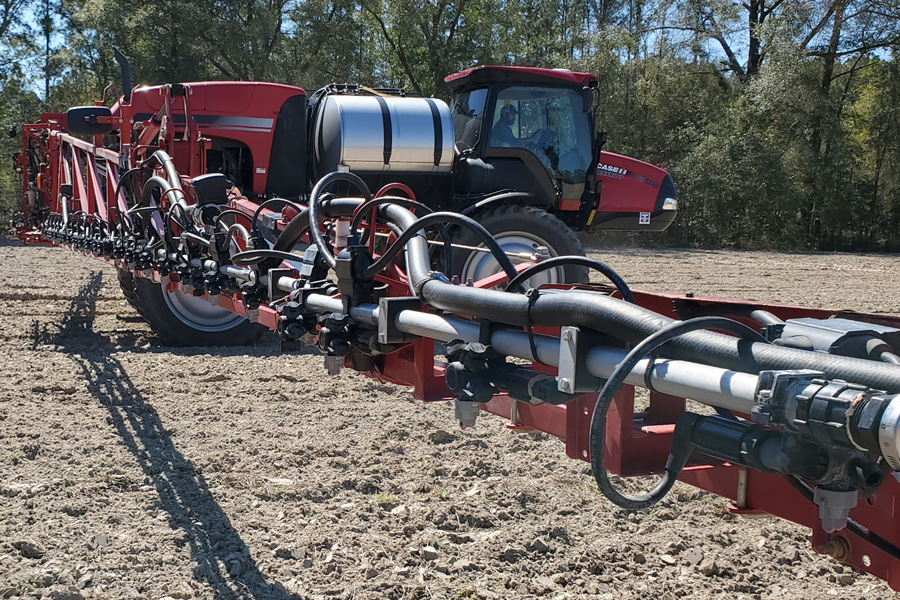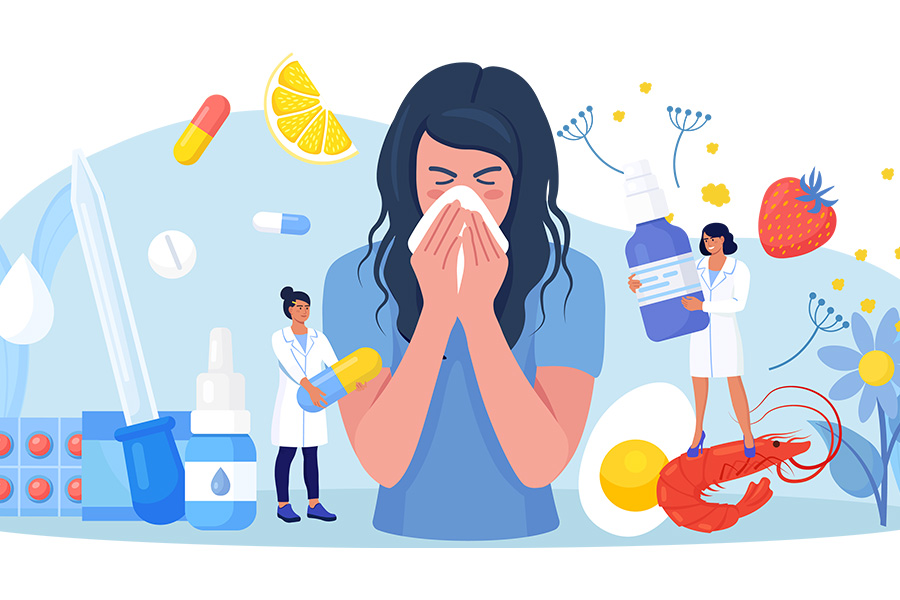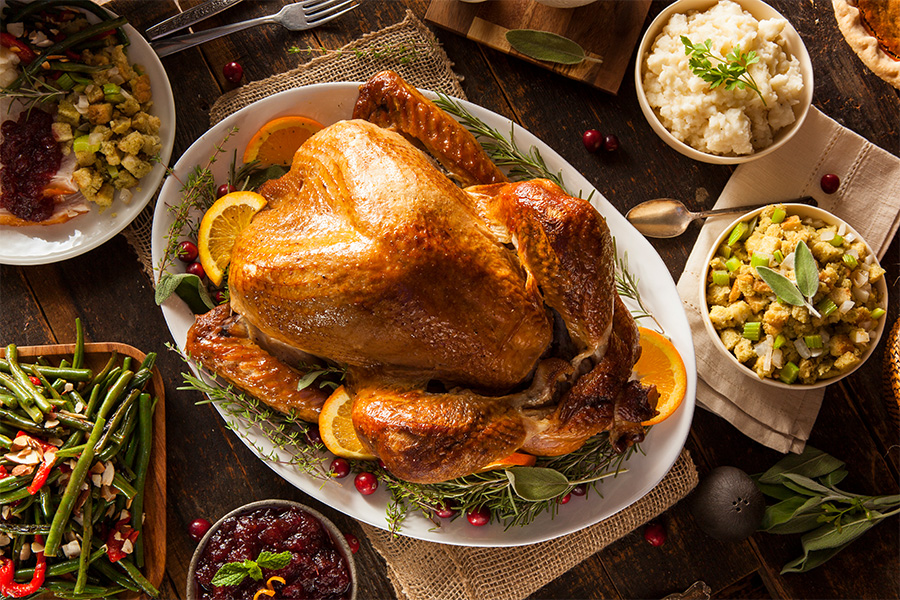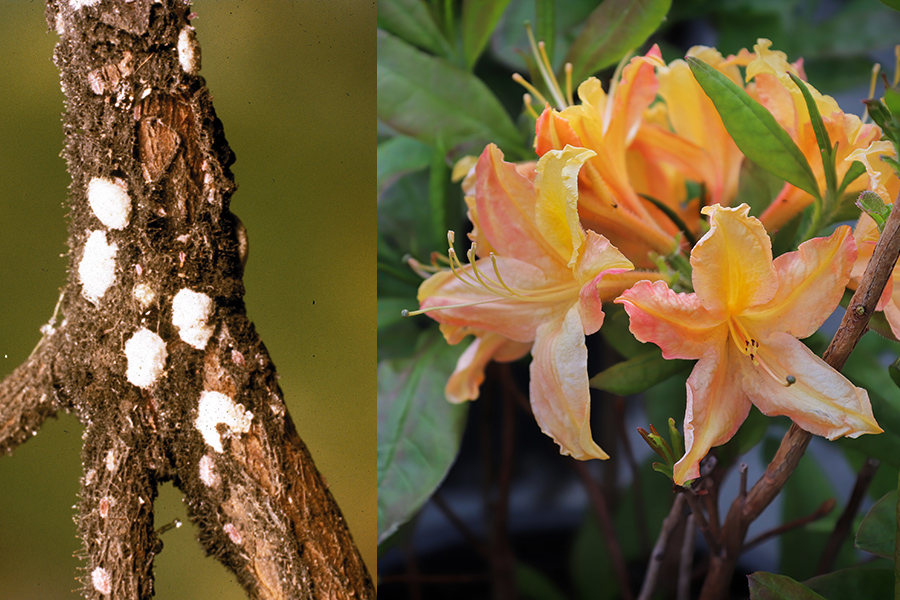-
 2020 plant disease losses in Georgia, including control costs, amounted to an estimated $806 million. The value of the crops used in this estimate was approximately $6.712 billion, resulting in a 12.01% relative disease loss across all crops included in this summary. The estimated values for most crops used to…
2020 plant disease losses in Georgia, including control costs, amounted to an estimated $806 million. The value of the crops used in this estimate was approximately $6.712 billion, resulting in a 12.01% relative disease loss across all crops included in this summary. The estimated values for most crops used to…|
-
 This publication provides information on pulse width modulation (PWM) technology including its working principle, components, benefits, and best management practices for its optimal utilization on agricultural sprayers. Agricultural sprayers are commonly used for pesticide applications and come in various design types and sizes, including three-point hitch, pull-behind, and self-propelled. During…
This publication provides information on pulse width modulation (PWM) technology including its working principle, components, benefits, and best management practices for its optimal utilization on agricultural sprayers. Agricultural sprayers are commonly used for pesticide applications and come in various design types and sizes, including three-point hitch, pull-behind, and self-propelled. During…|
-
 In 2018, the Trump Administration proclaimed significant changes in tariff actions on a variety of U.S. imports, which led to retaliation by U.S. trading partners—including China and many U.S. allies. These actions led to a 2-year trade dispute between the United States and China. Global commercial ties were destabilized and…
In 2018, the Trump Administration proclaimed significant changes in tariff actions on a variety of U.S. imports, which led to retaliation by U.S. trading partners—including China and many U.S. allies. These actions led to a 2-year trade dispute between the United States and China. Global commercial ties were destabilized and…|
-
 This report provides research and extension results for trials conducted by the University of Georgia Vegetable Team and its collaborators in 2022. Contributing authors include county and regional faculty as well as specialists from UGA’s horticulture, plant pathology, crop and soil sciences, and entomology departments. All research has been supported…
This report provides research and extension results for trials conducted by the University of Georgia Vegetable Team and its collaborators in 2022. Contributing authors include county and regional faculty as well as specialists from UGA’s horticulture, plant pathology, crop and soil sciences, and entomology departments. All research has been supported…|
-
 Asthma is a lung disease that affects millions of adults and children, and can be triggered by numerous indoor pollutants such as mold, cockroaches, dust mites, pet dander, and secondhand smoke. There is no cure for asthma, but it can be managed through medication and avoiding allergens that can trigger…
Asthma is a lung disease that affects millions of adults and children, and can be triggered by numerous indoor pollutants such as mold, cockroaches, dust mites, pet dander, and secondhand smoke. There is no cure for asthma, but it can be managed through medication and avoiding allergens that can trigger…|
-

Accidents are common when felling a tree with a chainsaw. Fortunately, most of them can be prevented. Tips for preventing kickback, barber chair, entanglement, setback, and stump jump are presented in this publication, along with techniques for safely releasing spring poles.
|
-
 Read about safe thawing, cooking, and storing a turkey, including current estimates of the time needed for safe thawing and cooking. Because bacteria can multiply rapidly at room temperature, never defrost a turkey on the counter! The cold water and microwave methods may be used when you don’t have time…
Read about safe thawing, cooking, and storing a turkey, including current estimates of the time needed for safe thawing and cooking. Because bacteria can multiply rapidly at room temperature, never defrost a turkey on the counter! The cold water and microwave methods may be used when you don’t have time…|
-

C 1260
Azalea Bark Scale
Azalea bark scale (ABS) poses a serious threat to azaleas, rhododendron, and Pieris (Andromedas) in Georgia. ABS is a soft scale insect; the nymph and female soft scales secrete a protective coating of waxy crust on their body that cannot be separated from the scale insect. ABS also is found…|